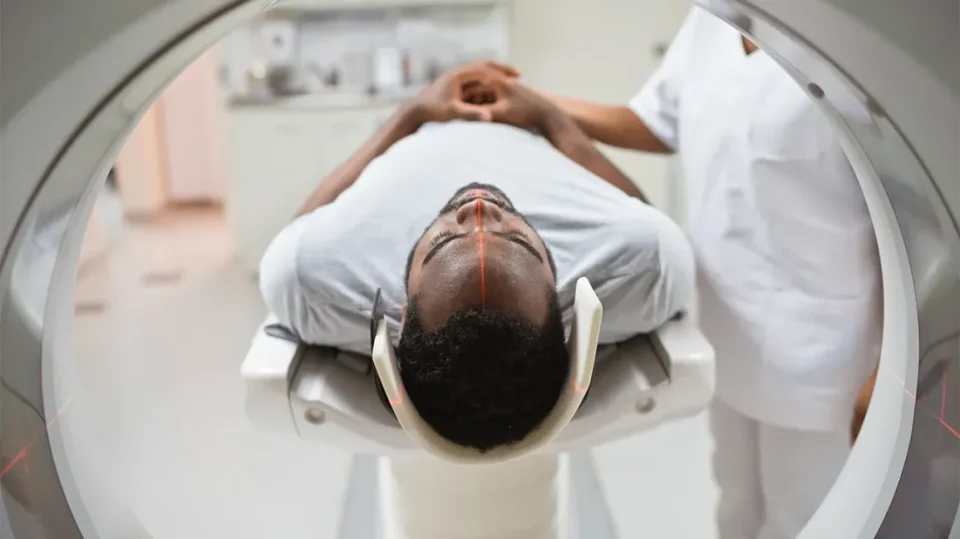A full body check up is a comprehensive health screening that aims to evaluate the condition of various organ systems in a single visit. These check-ups are increasingly popular among individuals who want a preventive approach to healthcare rather than waiting for symptoms to appear. But when it comes to serious illnesses like cancer, many wonder: can a full body check up really help detect it early?
The answer is yes—under certain conditions. While not all types of cancer are easily picked up through routine tests, many full body health check ups include specific cancer markers, imaging scans, and blood tests that can reveal early warning signs.
Which Cancers Can Be Detected Early?
Not all cancers manifest in the same way, and some grow quietly without symptoms until an advanced stage. However, several common types of cancer can be detected early if the right tests are included. These include colorectal cancer, breast cancer, cervical cancer, prostate cancer, and certain blood cancers.
For example, a colonoscopy can detect colon cancer even before it becomes symptomatic. Mammograms are effective in identifying breast lumps that could be cancerous, and a Pap smear can detect cervical abnormalities. When a full body check up includes these targeted screenings, the chance of early cancer detection improves significantly.
How Do Full Body Check Ups Work?
A typical full body medical assessment may include blood tests, urine analysis, imaging tests like X-rays or ultrasounds, and specialised screenings based on age, gender, and personal risk factors. Some packages also offer tumour marker blood tests, which can indicate elevated proteins associated with specific cancers.
It’s important to note that while tumour markers can signal potential problems, they are not definitive proof of cancer. Abnormal results usually lead to further diagnostic testing, such as biopsies or more focused imaging. Therefore, these check-ups are best viewed as a first line of defence—not a final diagnosis.
Limitations You Should Be Aware Of
While a full body check up can be a valuable tool, it is not a magic bullet. Some cancers do not show up on general screenings, especially in early stages. Brain, pancreatic, and ovarian cancers, for instance, can be particularly elusive. Moreover, false positives and false negatives can occasionally occur, leading either to unnecessary worry or a false sense of reassurance.
Because of this, it’s essential to have realistic expectations. A full body check up is a helpful way to monitor your health and catch some red flags early, but it doesn’t guarantee complete cancer detection.
Who Should Consider Full Body Check Ups?
Individuals with a family history of cancer, smokers, those exposed to occupational hazards, or people above the age of 40 may benefit most from regular screenings. In Singapore, for instance, many private clinics offer customised full body check up packages that can be tailored based on your risk profile.
Even if you’re feeling well, annual or biennial health screenings can serve as a preventive measure to detect not just cancer, but also other chronic diseases like diabetes and hypertension. For those with specific concerns, doctors can recommend additional scans or tests as part of the screening.
The Importance of Follow-Up and Expert Consultation
If any abnormalities are found during your check up, prompt follow-up with a specialist is crucial. Sometimes, further imaging like MRI or CT scans is required to clarify the results. In other cases, referral to an oncologist or surgeon may be the next step.
It’s not just about detecting cancer early—timely follow-up increases the chances of successful treatment. Clinics usually provide detailed reports after a full body check up, and a good physician will explain your results in the context of your overall health, helping you understand the next steps.
Conclusion
So, can a full body check up detect cancer early? Yes, in many cases it can—especially when combined with specific tests aimed at high-risk cancers. While not foolproof, it is a proactive way to safeguard your health and spot potential issues before they escalate. By choosing a reliable screening provider and staying committed to regular check ups, you give yourself the best chance at early detection and timely intervention.

